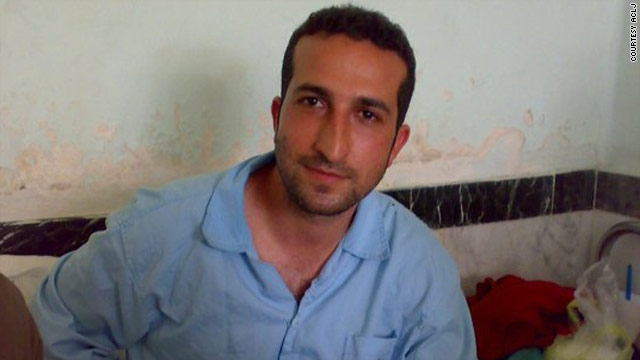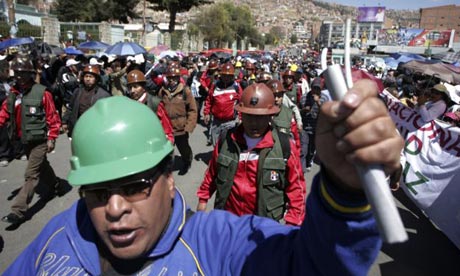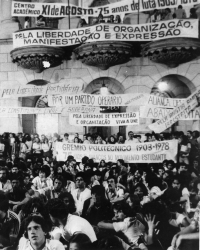By Tyler Yates
Impunity Watch Reporter, Middle East
TEHRAN, Iran — A Christian pastor who converted from Islam to Christianity is facing the death penalty in Iran for refusing to return to Islam.

Youcef Nadarkhani, of the Church of Iran, currently faces hanging after refusing to follow a court order to renounce Christianity. If the execution goes ahead it will be the first time a Christian has been executed in Iran for religious reasons in 20 years.
Nadarkhani was originally detained in his home city of Rasht in October 2009 when he attempted to register his church. His supporters claim he was arrested after questioning the Muslim monopoly on the religious instruction of Iran’s children.
The original charges Nadarkhani faced were for protesting, but those charges have since been changed to ‘apostasy’ – or abandoning Islam — and ‘evangelizing Muslims.’ Both of these charges carry the death penalty in Iran.
He was tried and found guilty of apostasy in September 2010. The court sentenced him to death.
Last June, the Supreme Court of Iran upheld the death penalty, but also asked the lower court to re-examine whether or not Nadarkhani had been a practicing Muslim adult prior to his conversion, offering recanting as an option.
Nadarkhani has made it clear that he has no intention of returning to Islam. He said: “Repent means to return. What should I return to? To the blasphemy that I had before my faith in Christ?”
The court is ordering his repentance because of his deep Islamic ancestry. Based upon the type of apostasy Nadarkhani has been charged with he will likely be given a short period of time to repent or else he will be executed. Many believe the execution could occur as early as Friday, however due to misinformation practices carried out by Iran there is a chance, though unlikely, that it already happened.
The written version of the Supreme Court’s ruling included a statement that the death penalty would be annulled if the pastor recanted.
Nadarkhani’s lawyer is hopeful that an appeals court will acquit his client, but history does not give much defense for his optimism. Even if the sentence is commuted he could still face life in prison, and if were to be set free his life would still be in danger. Rumors abound of numerous counts of other Iranian Christian converts who have been assassinated because of their beliefs.
The story has garnered outrage and condemnation from Christian organizations worldwide.
Estimates put the number of devoted Christians in Iran at around 100,000. Iran’s leadership is concerned about the spread of Christianity throughout the state, and has been cracking down on its influence.
For more information, please see:
The Daily Mail — Christian pastor faces execution in Iran for refusing to renounce his faith — 29 Sept. 2011
International Business Times — Iranian Pastor Sentenced to Death: Nadarkhani Refuses to Convert — 29 Sept. 2011
Voice of America — Lawyer Hopes Iranian Christian Sentenced to Death Will be Freed — 29 Sept. 2011
The New Statesman — The Trial and punishment of Yousef Nadarkhani — 28 Sept. 2011



